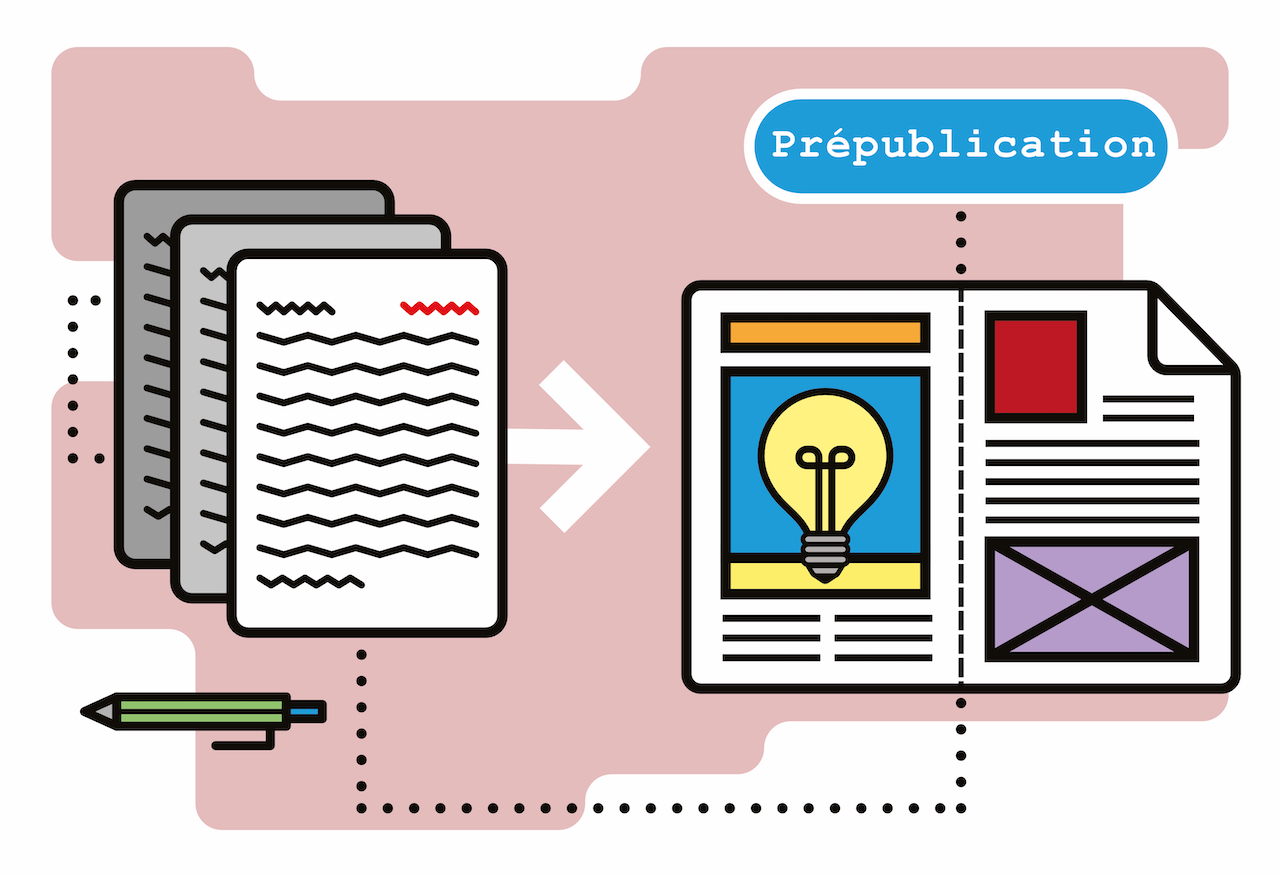Fiche du document
5 février 2019
- ISIDORE Id: 10670/1.c03d45...
- halshs: halshs-02008071
- doi: 10.1515/bejeap-2018-0149
Ce document est lié à :
https://hal.science/hal-02290402v1
Ce document est lié à :
info:eu-repo/semantics/altIdentifier/doi/10.1515/bejeap-2018-0149
info:eu-repo/semantics/OpenAccess
Mots-clés
Psychometrics Morality Personality traits Tax evasion Tax morale C - Mathematical and Quantitative Methods/C.C9 - Design of Experiments H - Public Economics/H.H2 - Taxation, Subsidies, and Revenue/H.H2.H26 - Tax Evasion and Avoidance H - Public Economics/H.H3 - Fiscal Policies and Behavior of Economic Agents/H.H3.H31 - HouseholdSujets proches
Esprit de corps Mind, State of State of mindCiter ce document
Nicolas Jacquemet et al., « A Psychometric Investigation of the Personality Traits Underlying Individual Tax Morale », HAL SHS (Sciences de l’Homme et de la Société), ID : 10.1515/bejeap-2018-0149
Métriques
Partage / Export
Résumé
Why do people pay taxes ? Rational choice theory has fallen short in answering this question. Another explanation, called "tax morale", has been promoted. Tax morale captures the behavioral idea that non-monetary preferences (like norm-submission, moral emotions and moral judgments) might be better determinants of tax compliance than monetary trade-offs.Herein we report on two lab experiments designed to assess whether norm-submission, moral emotions (e.g., affective empathy, cognitive empathy, propensity to feel guilt and shame) or moral judgments (e.g., ethics principles, integrity, and moralization of everyday life) can help explain compliance behavior. Although we find statistically significant correlations of tax compliance behavior with empathy and shame, the economic significance of these correlations are low more than 80% of the variability in compliance remains unexplained. These results suggest that tax authorities should focus on the institutional context, rather than individual preference characteristics, to handle tax evasion.
